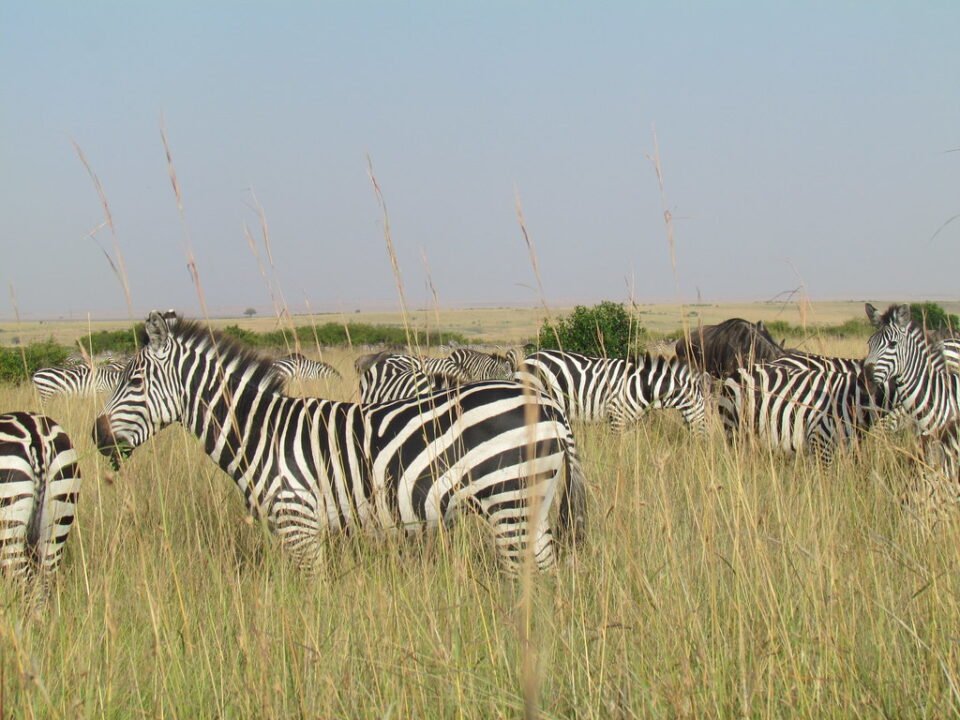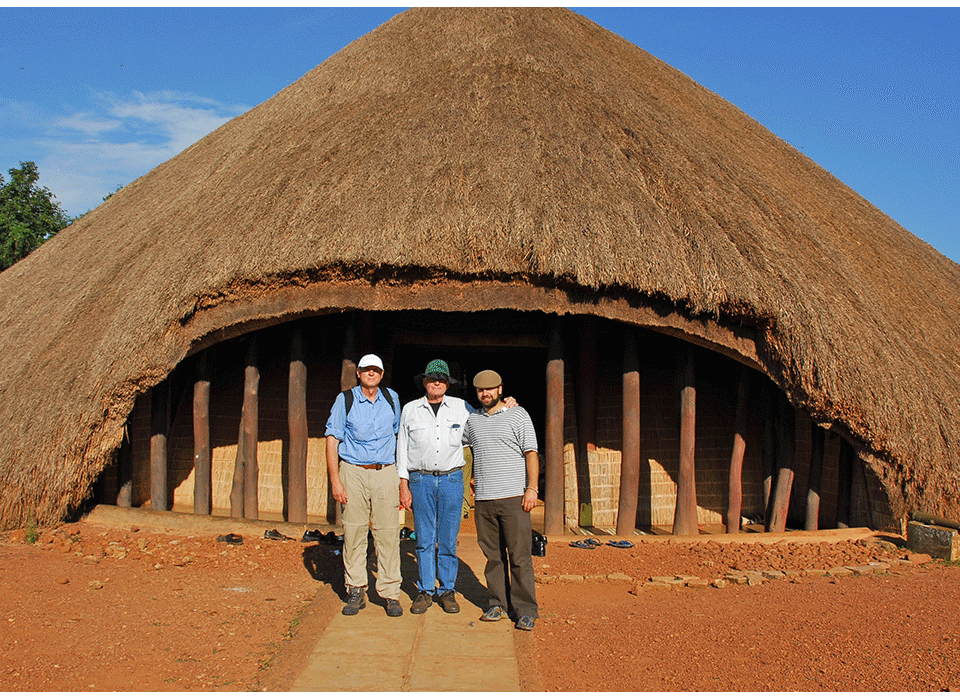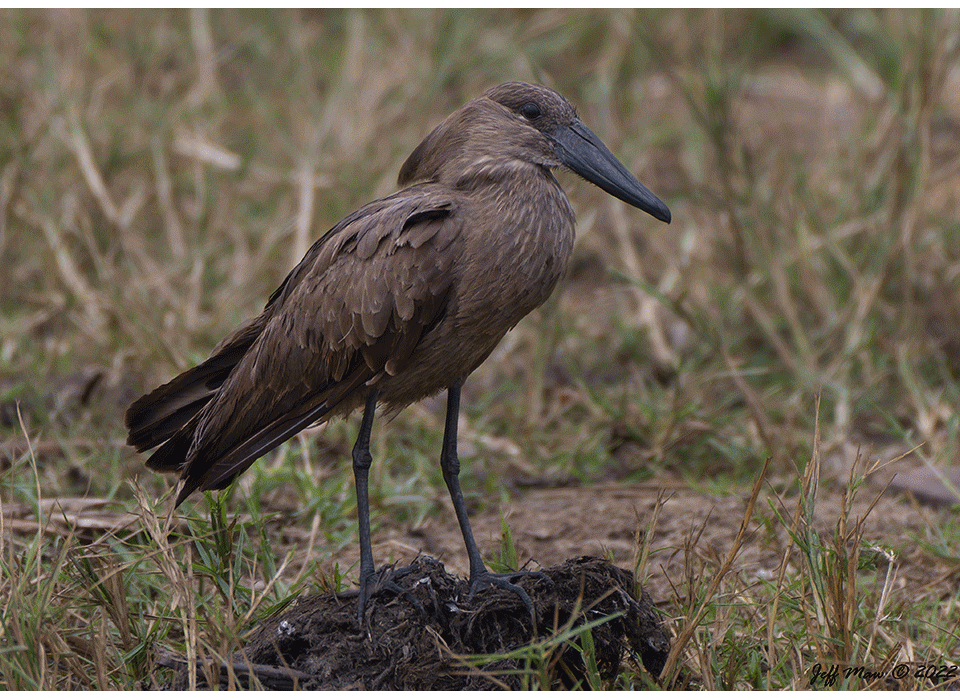
What are the hidden gems of Western Uganda?
November 10, 2025
How do I get a gorilla trekking permit in Rwanda?
November 13, 2025Can I experience a traditional homestay in Uganda?
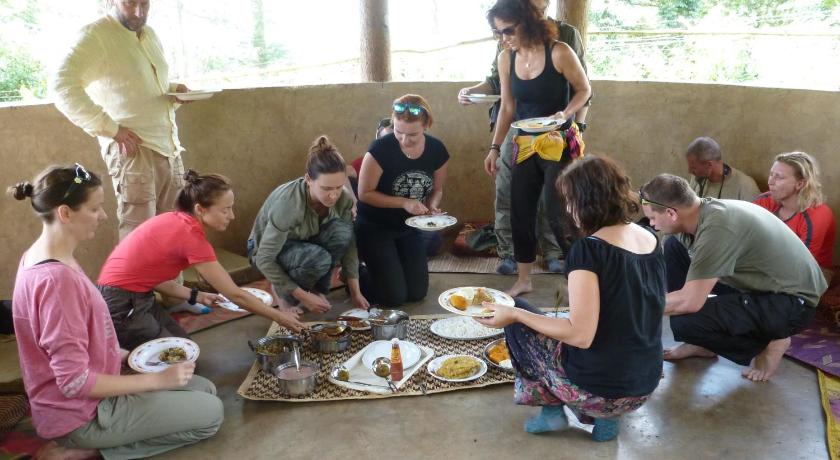
Can I Experience a Traditional Homestay in Uganda?
Uganda, known as the “Pearl of Africa,” is a country of extraordinary beauty, warmth, and diversity. While many visitors come to witness its wildlife — from the majestic mountain gorillas to elephants crossing golden savannas — there is another experience that reveals the heart of this nation even more deeply: a traditional Ugandan homestay. Staying with a local family offers an authentic glimpse into daily life, culture, and traditions that no lodge or hotel can replicate. It’s an immersive journey that connects you not just to the land, but to the people who make it special.
Yes, you absolutely can experience a traditional homestay in Uganda — and doing so is one of the most enriching ways to travel in this country. Homestays are available in various regions, each offering its own unique cultural flavor, from the rolling hills of western Uganda to the cattle lands of Karamoja, the fertile farmlands of Buganda, and the coffee-rich slopes of Mount Elgon. Whether you’re cooking alongside your hosts, joining a community dance, or listening to stories around a fire, a homestay experience allows you to live Uganda rather than just visit it.
The Meaning of a Homestay in Uganda
A traditional homestay in Uganda goes beyond simple accommodation. It’s a shared experience — one that opens doors into the customs, beliefs, and values that define Ugandan life. Families welcome travelers into their homes not as guests, but as temporary members of the household. You eat what they eat, sleep under the same roof, and participate in their daily activities.
Ugandan culture places great importance on hospitality. Locals often say, “You’re most welcome,” not just as a greeting but as an expression of genuine warmth. This generosity makes homestays in Uganda particularly special. Whether you’re staying in a rural village or a small-town community, your hosts will make you feel like part of the family.
The experience can vary depending on where you go. In western Uganda, you might stay in a farming community surrounded by banana plantations and crater lakes. In eastern Uganda, your homestay could be among coffee farmers near Sipi Falls, where mornings begin with the aroma of freshly roasted beans. In the north or Karamoja, you might stay with pastoralists who share their stories around a campfire under the vast African sky. Each region offers something distinct, yet all share the same essence of connection, learning, and cultural exchange.
What to Expect in a Ugandan Homestay
1. A Warm Welcome and Family Connection
Upon arrival, you’ll likely be greeted with smiles, handshakes, and sometimes song or dance. Ugandans are known for their friendliness, and hosts often go out of their way to make visitors feel comfortable. Expect to be introduced to every member of the household — from grandparents to young children — as family ties play an important role in Ugandan life.
You’ll be shown your room, which might be a private guest hut or a simple room in the main house. Accommodations are typically modest but clean, reflecting the genuine lifestyle of the community.
2. Home-Cooked Ugandan Meals
Food is central to Ugandan hospitality, and sharing meals is one of the most memorable aspects of a homestay. Your hosts will prepare traditional dishes using fresh, locally sourced ingredients. You might enjoy matoke (steamed green bananas), posho (maize meal), sweet potatoes, beans, groundnut sauce, and grilled fish or chicken.
In some homestays, you can help prepare the meals — peeling matoke, pounding millet, or roasting maize over an open fire. This hands-on participation adds depth to the experience, and you’ll likely find that the simplicity of Ugandan cooking produces flavors that are both earthy and satisfying.
Meals are often shared communally, accompanied by laughter, storytelling, and sometimes local music. Dining in a homestay is more than eating; it’s an act of togetherness.
3. Daily Life and Cultural Activities
Every homestay offers a chance to take part in daily life. Depending on where you are, you might help with farming activities, fetch water, learn to milk a cow, or take a walk through nearby gardens. In western Uganda, coffee-growing families may invite you to participate in harvesting and roasting coffee beans. In the central region, you might learn how to weave baskets or make crafts from banana fiber.
In the evenings, you’ll often gather with the family to talk, sing, or watch the stars. Children may recite folk tales they’ve learned in school, while elders share stories of ancestral traditions. These moments of cultural exchange are where the true magic of a homestay lies.
4. Language and Interaction
Uganda has over 50 indigenous languages, but English is widely spoken, making communication easy for most travelers. In rural areas, your hosts might also teach you a few phrases in their local language — perhaps greetings in Luganda, Runyankore, or Lusoga. These small lessons help bridge cultural gaps and bring smiles all around.
Engaging with your hosts is encouraged. Ask questions about their customs, their community, and their daily routines. They’ll appreciate your curiosity and openness.
5. Simple Comforts and Rural Charm
Homestays in Uganda are designed to reflect traditional life. You might sleep under a mosquito net, wash using a bucket of warm water, and use outdoor facilities. Electricity may be limited in some areas, but this simplicity is part of the charm — it allows you to slow down and appreciate a lifestyle connected to nature and community.
The lack of modern distractions often leads to richer conversations and deeper connections. Instead of scrolling through your phone, you’ll find yourself listening to the rhythm of crickets, watching fireflies dance in the night, or sitting around a fire exchanging stories.
Where to Experience the Best Homestays in Uganda
1. Bwindi and the Kigezi Highlands
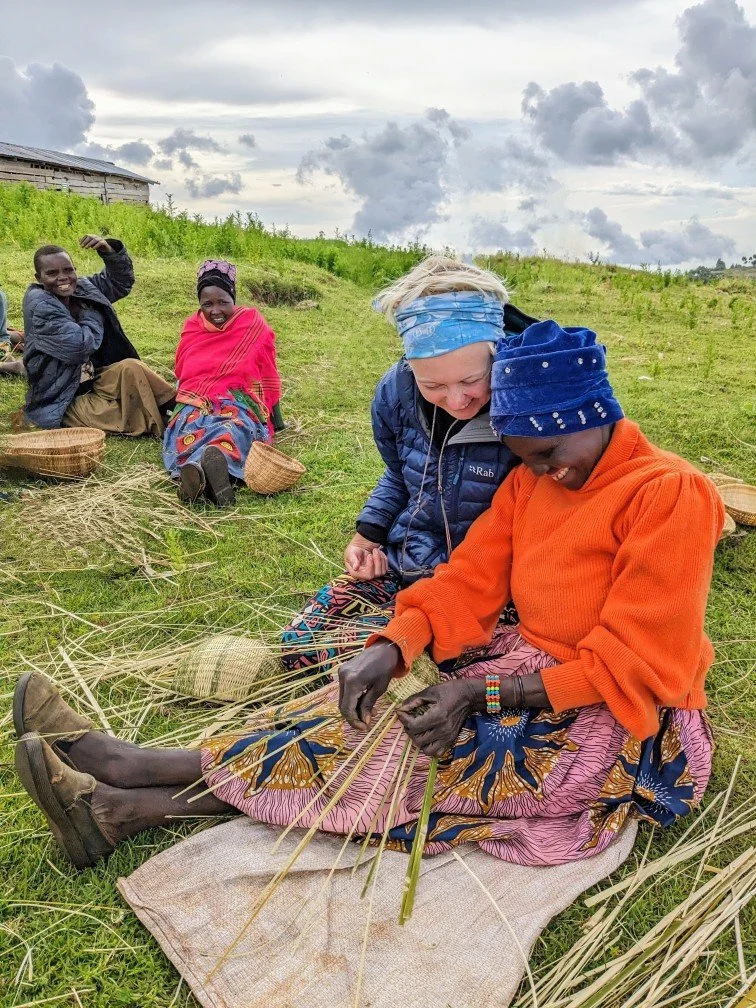 Near Bwindi Impenetrable National Park, several communities offer cultural homestays that complement gorilla trekking experiences. The Batwa people, once forest dwellers, welcome guests to learn about their ancient traditions through music, dance, and storytelling. Staying in a Batwa village offers a rare glimpse into how indigenous communities are preserving their culture while adapting to modern challenges.
Near Bwindi Impenetrable National Park, several communities offer cultural homestays that complement gorilla trekking experiences. The Batwa people, once forest dwellers, welcome guests to learn about their ancient traditions through music, dance, and storytelling. Staying in a Batwa village offers a rare glimpse into how indigenous communities are preserving their culture while adapting to modern challenges.
The surrounding Kigezi Highlands, known for their terraced hills and cool climate, also offer charming rural homestays. Here, visitors can hike through the hills, visit local markets, and learn about traditional farming practices.
2. Fort Portal and the Crater Lake Region
Around Fort Portal, known as Uganda’s “tourism capital,” homestays combine scenic beauty with cultural immersion. The area’s crater lakes and tea plantations create a peaceful setting for travelers seeking authenticity and tranquility. Staying with a family here often includes farm visits, cooking demonstrations, and walks through nearby forests.
This region’s proximity to Kibale Forest also makes it easy to combine a chimpanzee trekking experience with a cultural homestay — blending adventure and connection in one journey.
3. Sipi Falls and the Mount Elgon Region
In eastern Uganda, the Sipi Falls area is famous for its stunning waterfalls and coffee farms. Several local families have opened their homes to visitors, offering insights into the traditional farming life of the Bagisu people. You can participate in the entire coffee process — from picking red cherries to roasting and grinding them — before enjoying a fresh cup brewed the traditional way.
Evenings here are magical, with cool mountain air and the sound of cascading water nearby. The hospitality of the people of Mount Elgon is heartwarming, making Sipi one of Uganda’s most rewarding homestay destinations.
4. Lake Bunyonyi
For those who prefer a blend of relaxation and cultural exchange, Lake Bunyonyi offers community-based homestays on its scenic islands and shores. The views are breathtaking, and the locals are always eager to share their stories. Visitors can take part in canoe rides, traditional cooking, and cultural dances — all while surrounded by the calm beauty of the lake.
5. Karamoja Region
For adventurous travelers seeking something truly different, Karamoja in northeastern Uganda offers immersive homestays with the Karamojong people, one of Uganda’s most traditional pastoralist communities. Here, life revolves around cattle, storytelling, and song. Guests can join in herding activities, learn traditional crafts, and witness the deep cultural pride of a people who have held onto their heritage despite the passage of time.
The Benefits of a Ugandan Homestay
A homestay is not just a cultural exchange — it’s also a meaningful way to support local communities. The income families earn from hosting guests helps fund education, healthcare, and conservation initiatives. Moreover, travelers gain a richer understanding of Uganda’s diversity, far beyond what typical tours provide.
Homestays foster mutual respect and learning. They remind travelers that the most valuable souvenirs are not physical objects, but human connections and shared stories.
Preparing for Your Homestay Experience
Before you go, it helps to have an open mind and a respectful attitude. Rural Uganda moves at a slower pace, and daily life is shaped by tradition and community. Be patient, ask before taking photographs, and embrace every moment — from sharing a meal cooked on a wood fire to dancing barefoot in a village celebration.
Pack light, breathable clothing, insect repellent, and a small gift for your hosts — something thoughtful like a notebook for the children or kitchen supplies. Most importantly, bring curiosity and humility.
Book Your Authentic Ugandan Homestay with Experiya Tour Company
If you want to experience Uganda not just as a tourist but as part of its living culture, Experiya Tour Company can make it happen. With deep connections to local communities and expertise in responsible travel, Experiya curates personalized homestay experiences that are safe, authentic, and deeply enriching.
Whether you wish to stay with coffee farmers in Sipi, the Batwa near Bwindi, or rural families around Fort Portal, Experiya ensures that your homestay is well-organized and respectful to both guests and hosts. Their local guides help bridge cultural gaps, ensuring that your experience is meaningful, comfortable, and unforgettable.
Book your traditional Ugandan homestay with Experiya Tour Company today and step into the heart of Uganda — where every smile tells a story, every meal is shared with warmth, and every moment reminds you why this country truly is the Pearl of Africa.

